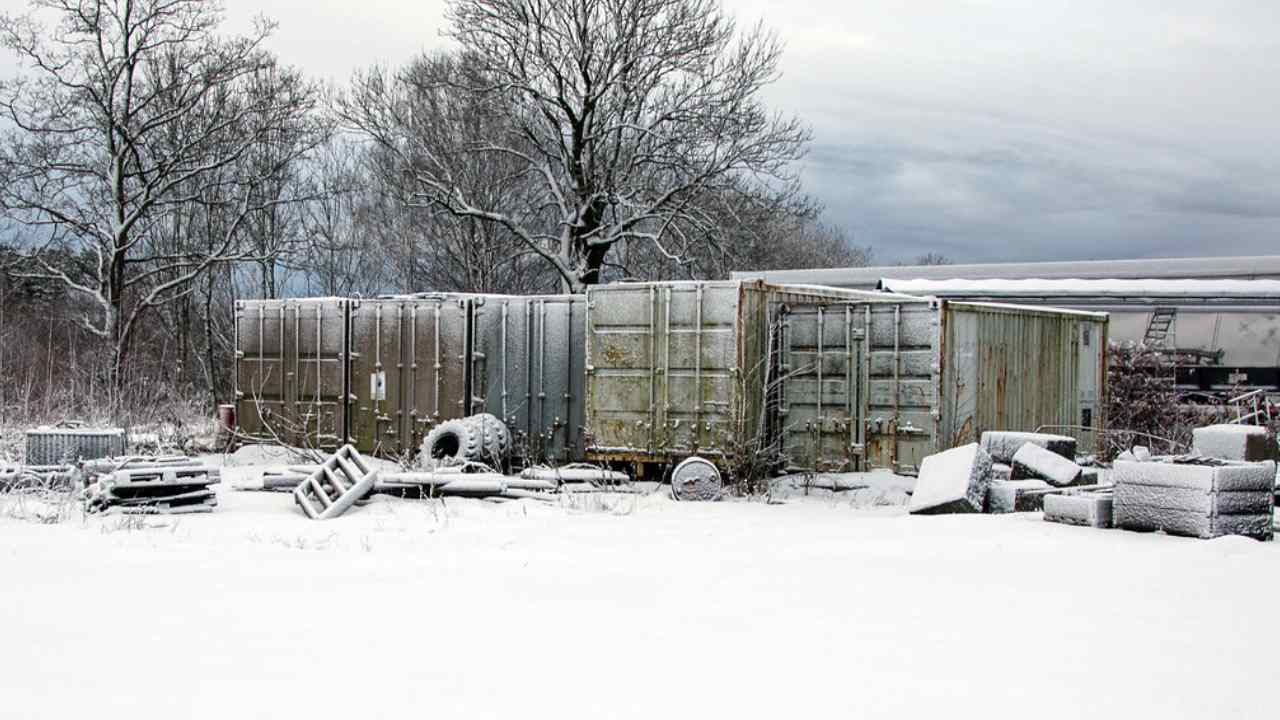Scientists have found micro plastic in freshly fallen ice in Antarctica. The findings were published in The Cryosphere Journal, where they warn that microplastics will only accelerate the melting process in Antarctica.
A previous report by the Organization for Economic Co-operation and Development (OECD) indicated that global plastic consumption would triple by 2060.
There is growing international concern about the extent and extent of plastic pollution and its effects. Microplastics trapped between fish and Arctic ice have been discovered deep in the ocean, penetrating the most remote and primitive regions of the planet.
Microplastics, if found in humans, have negative health effects. It affects the growth, reproduction and normal biological activities of organisms and humans.
“Plastic pollution is one of the great environmental challenges of the 21st century, causing wide-ranging damage to ecosystems and human health,” OECD chief Mathias Cormann said.
Since the 1950s, an estimated 8.3 billion tons of plastic have been produced, and more than 60% of landfills have been dumped, burned, or directly into rivers and oceans.





























